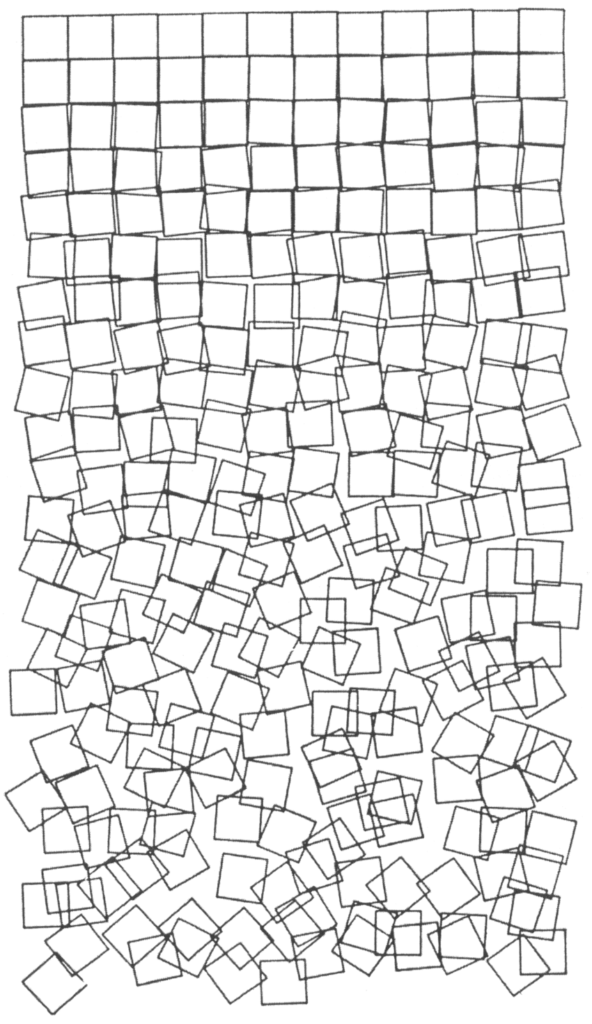Digital Fabrication Courses
This site is a hub for digital fabrication classes taught and co-taught by Ryan Hoover at the Maryland Institute College of Art. Information about and links to each course may be found below. Information about MICA’s digital fabrication facilities can be found at the dFab Studio website. Information on Ryan Hoover’s biofabrication courses can be found at MICA.BIO.
Intro to Digital Fabrication
IS 320 – Ryan Hoover
Digital fabrication practices have revolutionized design and manufacturing, and are literally reshaping the world around us. Increasingly these tools are being employed by artist to create works heretofore impossible or impractical to make. This class will be an exploration of computer-aided modes of fabrication and their integration into contemporary art and object making. A strong emphasis of this course will be technical training on the laser cutters, 3D printers, and CNC routers in MICA’s Digital Fabrication Studio. We will also spend a considerable amount of time working in CAD and CAM software, with a particular emphasis on Rhinoceros. We will also examine the effect of this technology on our understanding of space and material, the structure of our economy and modes of production, and other social and philosophical considerations.

Art and Algorithms
IS 314 – Ryan Hoover +
NSCI 314 – Margaret Macdonald
This 6-credit integrated studio and liberal arts course explores the impact of algorithmic processes on art practices and society from WWII to tomorrow. Looking through the lens of systems and a systems aesthetic, we will investigate cybernetic, kinetic, electronic, digital, net-art, biological, and AI-based art practices. We will explore the ways in which the world is converted into data and how that data is then made actionable in the world. We will examine the ethical implications of algorithms in society, with consideration of the explicit and implicit intentions of the authors of these performative codes as well as the inextricable role the observer/participant plays. Students will write algorithms using visual scripting tools to create work that is data-driven and research-based, integrating art historical, socio-political, and critical theory perspectives with concepts from the fields of mathematics, computer science, biology, and engineering.

Unravel the Code
IS 425 – Ryan Hoover /
FB 5425 Annet Couwenberg
Unravel the Code is an interdisciplinary course at the Maryland Institute College of Art that draws upon traditional crafts to explore emerging technologies of making. We pair weaving with digital algorithms, origami with parametric laser cutting, and handwork with cybernetic systems of control. The first half of the semester features hands-on workshops led by visiting experts. These inform student’s research-based projects that become the focus of the second half of the semester. The course concludes with a public presentation of this exciting array of projects.

A Romance of Bastardizing Machines
IS 380 – Ryan Hoover
In this course we develop strategies of relation, liberation, and creation suited for life on a planet circumscribed by and interwoven with computing machines. We will bastardize machines and create machines that bastardize. We will rejoice in the dubious offspring of the digital and physical. We will hack machines, learn to whisper commands, roam as nomads across all borders, fold the pre-modern into today, write poetry in code, and dance through Cartesian coordinates.
